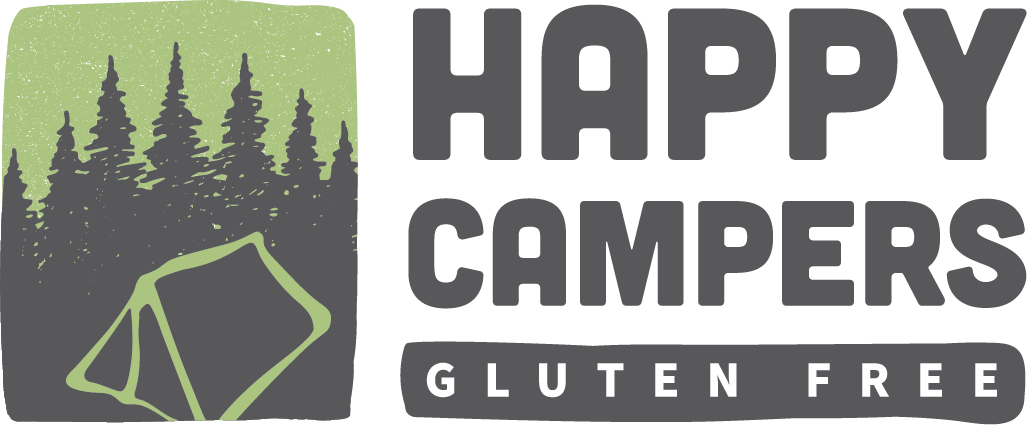And stick to it, one meal at a time
You may have so many reasons to embark on a gluten-free diet. You may have been diagnosed with celiac disease or you have a gluten sensitivity or another form of gluten intolerance. You may be allergic to wheat, or just plain feel better when you don’t eat gluten. Whatever your reason is, it’s the right one and we are glad that you have made the shift. A gluten-free diet, for us, is not a fad. However, starting on one and sticking to it can be overwhelming for a newbie. That’s why we decided to take a deeper dive into what we’ve learned from eating gluten-free for all these years.
What should you avoid?
These are the main sources of gluten in the diet: and this is the list that you should steer clear off. Wheat-based foods and some grains like wheat bran, wheat flour, spelt, couscous, durum, Kamut, semolina, Barley, Rye, Triticale or Malt. By extension, gluten can be found in many popular foods which use these ingredients. Think breads, rolls, buns, pasta, crackers, cookies, pretzels, pizza and most baked goods in general. However, these do not make up the entire list, as gluten appears in many places you wouldn’t expect. It is one of the ingredients in many snacks, sauces, and beverages too! The key is in reading the ingredients carefully before you buy supplies from the store.
What can you eat?
When you embrace a gluten-free diet, opt for naturally gluten-free grains and flours like quinoa, millet, buckwheat, amaranth, and sorghum. Many common staples, such as potatoes, rice or corn are gluten free. Indulge in fresh fruits and vegetables. Meats, poultry, fish and dairy, in their pure forms, are also gluten-free. And that is why we keep saying that reading food labels is very important.
Learn from your mistakes!
Even if you follow a gluten-free diet strictly, you are bound to make some mistakes. And trust us, it is absolutely normal. This is where we, at Happy Campers Gluten-Free, feel that there are some simple things that you should consider while you embrace the gluten-free lifestyle.
Talk to your family and friends about your gluten-free lifestyle. Be candid and open so they can understand what gluten-free means and support you.
Whether you were diagnosed with celiac disease or an allergy, have a gluten sensitivity, or because you just feel better gluten-free, you are taking control of your health and it is not a fad diet, help those close to you understand this.
Find gluten-free recipes to make together that everyone can enjoy. And once you have embraced this lifestyle, enjoy a delicious gluten-free meal at a nice restaurant with family and friends.
Find a support group on social media or in person. You can find recipe ideas, best practices, products, and restaurants to check out! Happy Campers is here for you as one of your resources.
Get social, get connected, and make some new friends! Volunteer at a local organization you are passionate about, get your favorite people together for a hike, gluten-free picnic, or potluck dinner, or just do something nice for a friend. And before you know it, or realize it, you will be cruising along on your gluten-free diet happily.
Lastly, please know that eating gluten-free WILL get EASIER. The first 3-6 months can be tough and overwhelming, with so many new things to learn. As we mentioned above, reach out to the huge community of gluten-free people. Here are a couple of our favorite and very active and helpful Facebook groups: https://www.facebook.com/groups/1960316204295033/?multi_permalinks=2691142817879031
https://www.facebook.com/groups/184204088367240
Here’s a great book and personal story of transitioning to gluten-free: https://www.glutenfreefollowme.com/product/jennifers-way/

